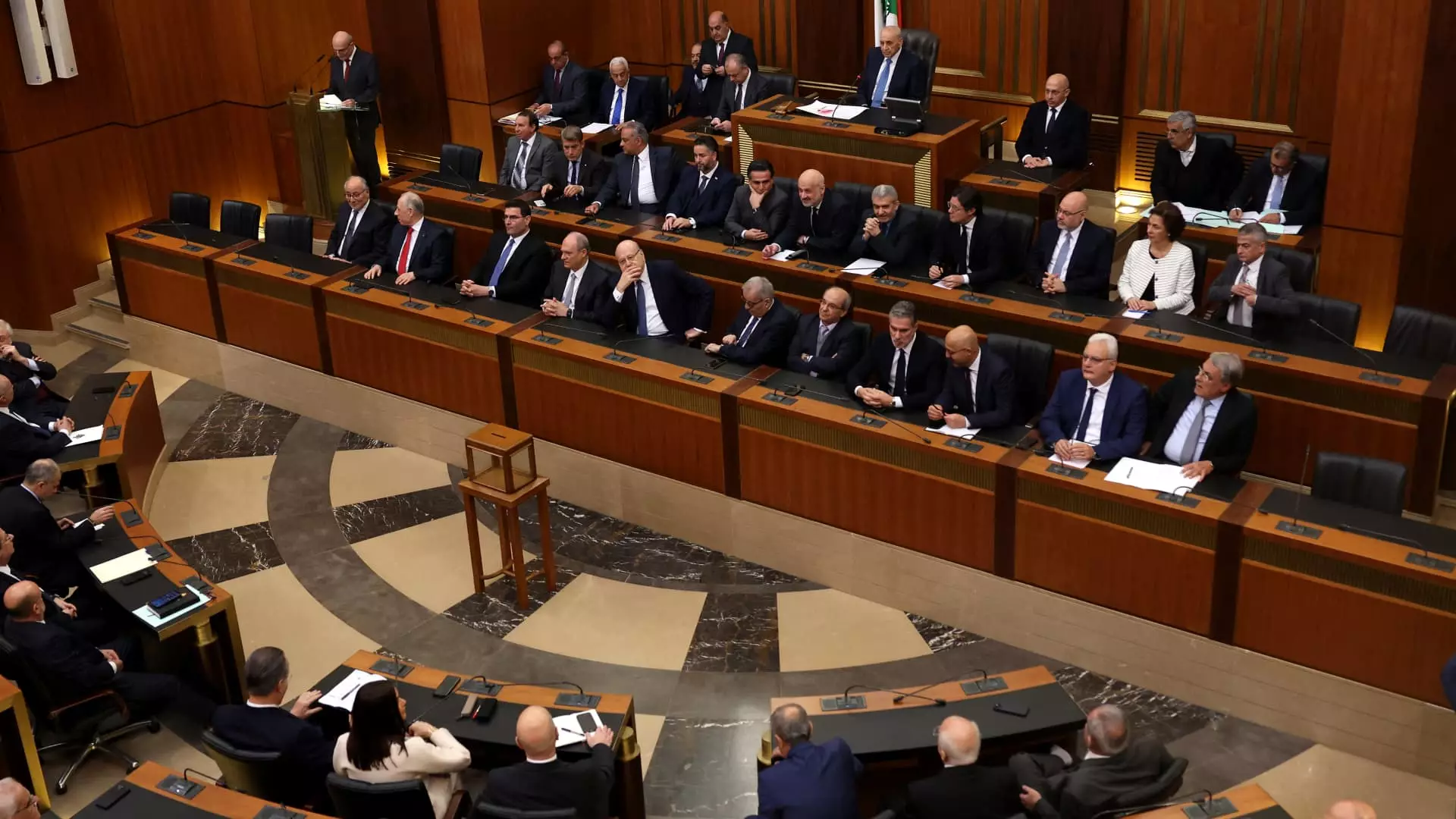Lebanon’s political landscape has recently experienced a significant transformation with the election of Army Chief Joseph Aoun as the country’s president. This pivotal event has not only filled a prolonged vacancy in the presidency, which had remained unoccupied since October 2022, but also highlighted the shifting dynamics of power both within Lebanon and across the broader Middle East.
Joseph Aoun’s ascent to the presidency is emblematic of a wider reconfiguration of political influence in the region. With the devastating impacts of last year’s war between Hezbollah and Israel still resonating within Lebanon, Hezbollah’s grasp on power appears to have weakened considerably. Aoun’s election, which saw him secure 99 votes in a second parliamentary round after initially falling short, signals a potential shift in allegiances and the diminishing authority of Iran-backed groups that once dominated Lebanese politics.
The complexities of Lebanon’s sectarian power-sharing framework are also noteworthy. The presidency is traditionally allocated to a Maronite Christian, necessitating careful navigation of the political minefield that includes various sectarian factions. The support that Aoun garnered from both Hezbollah and the Amal Movement demonstrates a willingness among different factions to coalesce around a candidate perceived to have the backing of significant international players, including the United States and Saudi Arabia.
Aoun’s election cannot be divorced from the international contexts in which it has occurred. The involvement of French and Saudi diplomats, along with significant U.S. interests, effectively underscores a new chapter in Lebanese politics, aligning more closely with Western desires for stability in the region. There were clear indications that international financial support for Lebanon—crucial in light of its ongoing economic crises—was contingent upon Aoun’s election. These developments reflect a broader trend where regional players are reassessing their investments in Lebanon amid the evident decline of Iranian and Hezbollah influence.
As Lebanon continues to grapple with the aftermath of its financial collapse, estimated by the World Bank to have cost the country $8.5 billion due to the war, the need for robust international support becomes paramount. Aoun’s ability to convene a working government will be crucial in mobilizing both domestic and international resources to address the nation’s urgent needs.
While Aoun’s election marks a pivotal step towards restoring a semblance of governance in a country long plagued by paralysis and divisions, it is essential to recognize the potential challenges that lie ahead. The Lebanese political system, characterized by complex negotiations and sectarian divisions, often results in protraction, especially when it comes to forming a functioning cabinet. Aoun will need to leverage the support he has received to navigate these political waters effectively.
Additionally, maintaining stability in southern Lebanon remains a key challenge for the new president. With the terms of the ceasefire—brokered by Washington and Paris—requiring the Lebanese military to take a more active role in the region, the implications for internal security are profound. Aoun, who has commanded the Lebanese army since 2017, will need to balance the expectations of both the military and Hezbollah while ensuring that the state maintains its authority.
In a country that has long suffered from existential political and economic crises, Joseph Aoun’s presidency offers a glimmer of hope for many. However, whether this political development serves as a lasting solution to Lebanon’s myriad issues remains to be seen. The real test lies in Aoun’s capacity to unite a fractured political landscape and to stimulate vital reforms that may usher in a new era of stability.
Ultimately, while Joseph Aoun’s election has the potential to revitalize Lebanon’s governance structures, the complexities of regional dynamics, sectarian bargaining, and international pressures remind us that the road to true recovery will be fraught with challenges. The attention of the international community and the participation of diverse local factions will play decisive roles in determining whether this moment is a prelude to lasting change or merely a fleeting episode in Lebanon’s turbulent history.


Leave a Reply